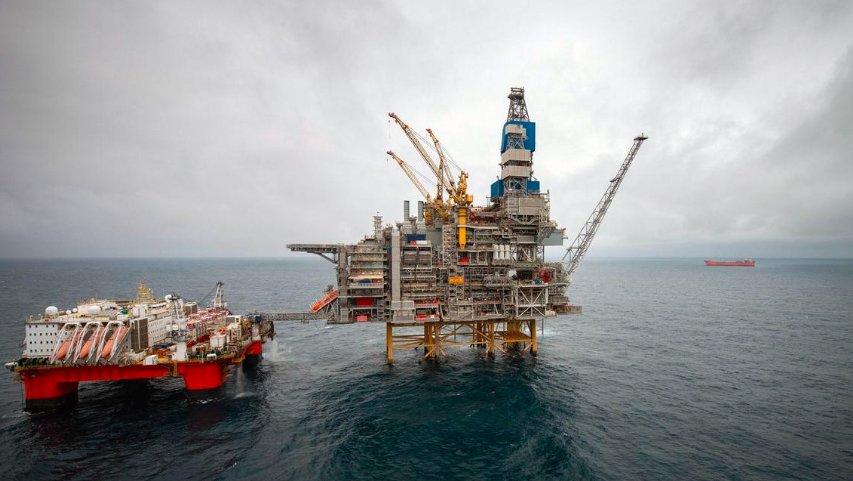UK Government approves largest untapped oilfield in the North Sea
The UK Government has given the green light to the Rosebank oil and gas field, which lies north-west of Shetland and contains up to 350 million barrels of oil. The decision has been backed by a majority of Scots, according to a Savanta poll for The Scotsman.
The Rosebank field is owned by Equinor and Ithaca Energy, and could produce 69,000 barrels of oil per day, about 8 per cent of the UK’s projected daily output between 2026 and 2030. It could also produce 44 million cubic feet of gas every day.
The UK Government said the project would support thousands of jobs and contribute to the country’s energy security. It also claimed that the project would be compatible with the UK’s net zero emissions target by 2050, as it would use low-carbon technologies and offset its emissions.
Scottish Government and environmentalists oppose the project
However, the decision has been met with criticism from the Scottish Government and environmental campaigners, who argue that it is incompatible with the climate crisis and the Paris Agreement.
The Scottish Government’s net zero secretary Humza Yousaf said that Rosebank was “the wrong decision” and that it would undermine Scotland’s efforts to reduce its emissions by 75 per cent by 2030.

The Scottish Greens and other groups also condemned the project, saying that it would lock in decades of fossil fuel extraction and emissions, and that it would divert investment away from renewable energy sources.
They also pointed out that the decision came at a time when the UK Government was rolling back on many of its environmental policies, such as delaying the ban on petrol and diesel cars, fossil fuel boilers, and energy efficiency requirements on rental properties.
Public opinion divided on Rosebank and other environmental issues
Despite the opposition from the Scottish Government and environmentalists, the Savanta poll for The Scotsman showed that a majority of Scots supported the Rosebank project. In total, 51 per cent supported the decision, while 22 per cent opposed it. The remaining 27 per cent said they did not know or had no opinion.
The poll also revealed that Scots were more likely to back the UK Government’s other environmental policy changes, such as delaying the ban on petrol and diesel cars (supported by 53 per cent of Scots), delaying the ban on fossil fuel boilers (supported by 51 per cent), and removing energy efficiency requirements on rental properties (backed by 38 per cent of Scots).
However, there was some support for the Scottish Government’s controversial short-term let licensing scheme, which requires those operating Airbnbs and similar businesses to apply for a licence to meet safety standards. More than two in five (41 per cent) backed the scheme, while just under a quarter (24 per cent) opposed it.
Fergus Ewing suspended from SNP over confidence vote
The poll also asked Scots about their views on Fergus Ewing , who was provisionally suspended from the SNP for voting against the government in a confidence vote. Ewing had been critical of the SNP’s policies on short-term lets and oil and gas extraction.
The poll found that opinion was split on whether suspending Ewing was the right move, with people most likely to say they did not know or did not have an opinion (43 per cent). A quarter (24 per cent) backed the move, while a third (34 per cent) opposed it. However, this was divided along party lines, with SNP voters most likely to support it and Tories most likely to oppose it.
What will happen next?
The Rosebank project is expected to start production in 2026 and last for at least 20 years. The UK Government has said that it will review its oil and gas licensing regime to align it with its net zero target. The Scottish Government has said that it will continue to push for more powers over energy policy and climate action.
However, the public opinion on these issues may change as Scotland prepares for the COP26 climate summit in Glasgow later this year. The summit will bring together world leaders, activists, businesses, and civil society to discuss how to tackle the global climate emergency.
Will Scotland be able to balance its economic interests with its environmental commitments? Will the UK Government be able to show leadership on climate action? Will public opinion shift towards more ambitious and urgent action? These are some of the questions that will be answered in the coming months.


















